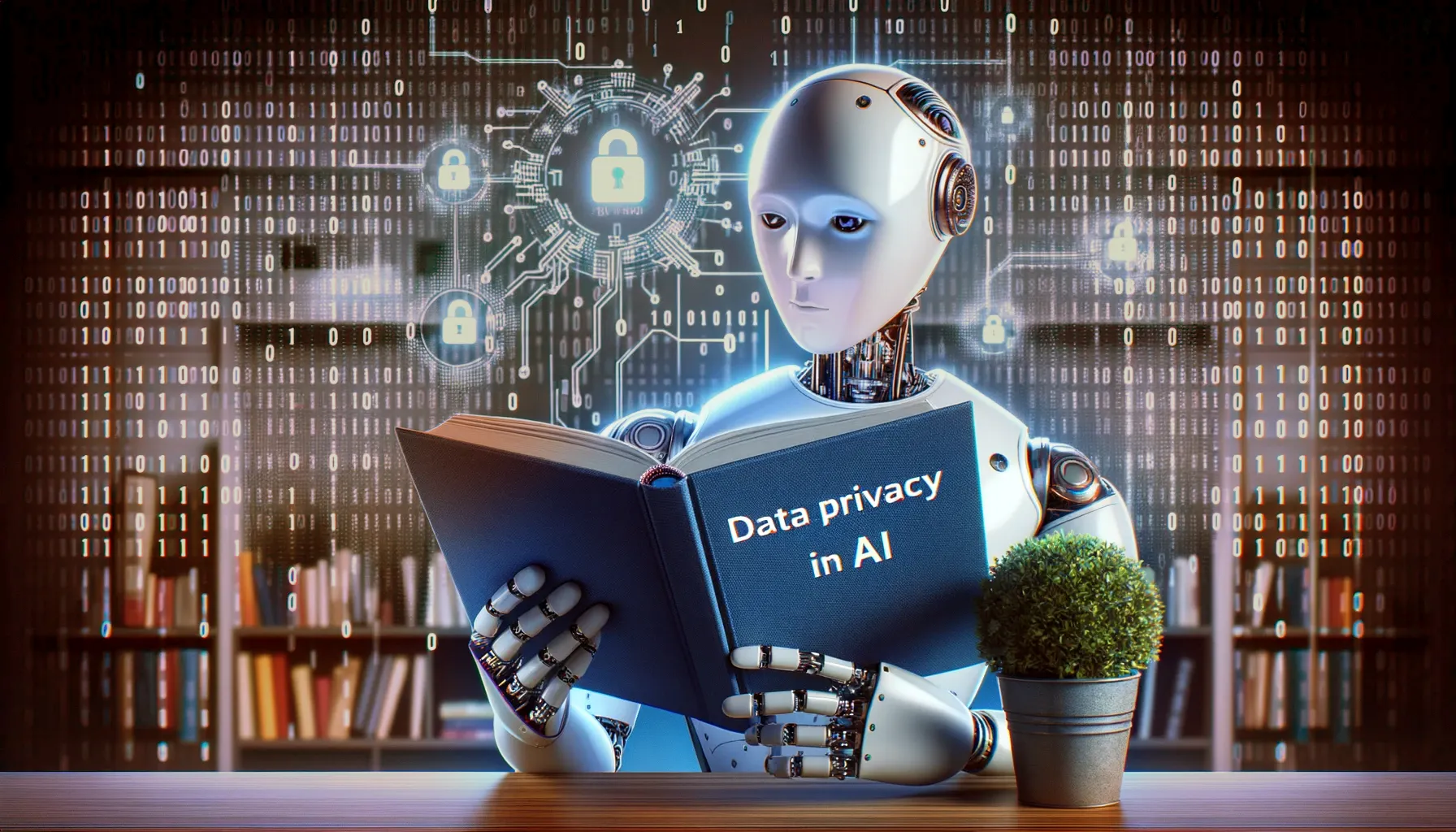 In a submission to the House of Lords communications and digital select committee, OpenAI said it could not train large language models such as its GPT-4 model without access to copyrighted work. “Because copyright today covers virtually every sort of human expression – including blogposts, photographs, forum posts, scraps of software code, and government documents – it would be impossible to train today’s leading AI models without using copyrighted materials,” said OpenAI in its submission.
In a submission to the House of Lords communications and digital select committee, OpenAI said it could not train large language models such as its GPT-4 model without access to copyrighted work. “Because copyright today covers virtually every sort of human expression – including blogposts, photographs, forum posts, scraps of software code, and government documents – it would be impossible to train today’s leading AI models without using copyrighted materials,” said OpenAI in its submission.
Source: ‘Impossible’ to create AI tools like ChatGPT without copyrighted material, OpenAI says



 Deepdub specializes in localizing entertainment content and generating multilingual voice clones using AI, showcasing the practical applications of generative AI’s advanced applications, which include having voice actors and celebrities narrate a movie in various languages without losing the nuances and tonal inflections that make their voices special and recognizable.
Deepdub specializes in localizing entertainment content and generating multilingual voice clones using AI, showcasing the practical applications of generative AI’s advanced applications, which include having voice actors and celebrities narrate a movie in various languages without losing the nuances and tonal inflections that make their voices special and recognizable. Under the contract, TME will continue to have access to UMG’s music catalog for QQ Music, Kugou Music, Kuwo Music, and WeSing. The expansive partnership includes music streaming in Dolby Atmos and high-definition (HD) formats. Tencent Music Entertainment is the largest music streaming platform owner in China.
Under the contract, TME will continue to have access to UMG’s music catalog for QQ Music, Kugou Music, Kuwo Music, and WeSing. The expansive partnership includes music streaming in Dolby Atmos and high-definition (HD) formats. Tencent Music Entertainment is the largest music streaming platform owner in China.



